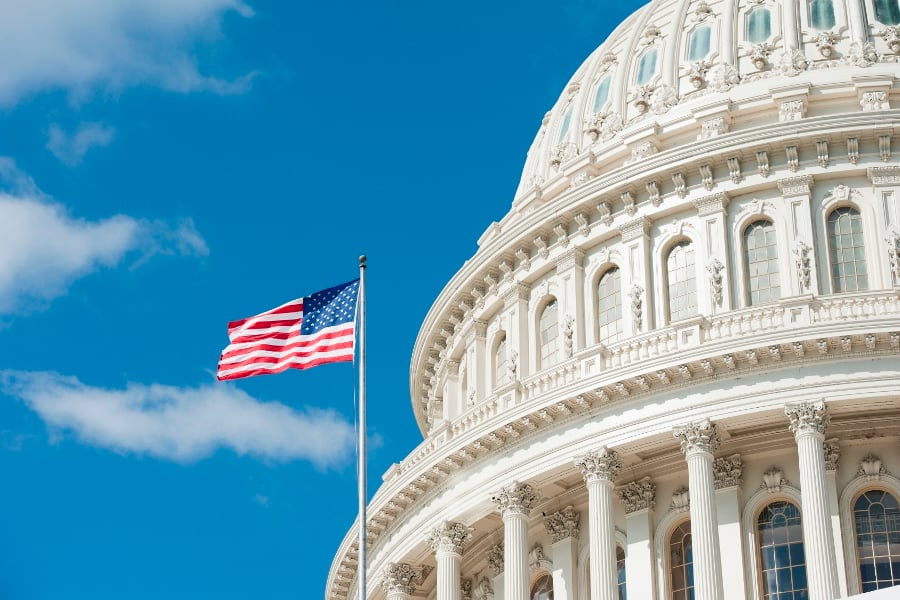Legislation that would expand the number of company-sponsored retirement plans and increase the use of annuities within them will likely die on Thursday.
Proponents of the bill, which was
introduced after Thanksgiving, were hoping it would be attached to legislation to fund the government that must pass by Friday.
But on Wednesday, Senate Majority Leader Mitch McConnell, R-Ky., indicated that the chamber would consider a continuing resolution that would push off a partial government shutdown until February. The measure was to be kept free of unrelated legislation.
The House bill included tax and retirement security provisions that were part of a
House bill approved earlier in the fall as well as provisions from the
Retirement Enhancement and Savings Act that was introduced with bipartisan support in the Senate.
The measures would have made it easier for small businesses to band together to offer 401(k) plans to their employees, provided a safe harbor for the use of annuities in 401(k)s, enhanced portability of annuities and implemented a requirement for disclosures that translate a plan participant's account balance into an income stream.
The retirement provisions in the House bill were grouped together with tax reform that was unpalatable to Senate Democrats. Backers of the retirement-security provisions were hopeful that they would be inserted in a final funding bill during House-Senate negotiations.
"We are very disappointed that Congress did not adopt comprehensive retirement security legislation despite the strong showing of bipartisan support for it in the House and Senate," Cathy Weatherford, president and CEO of the Insured Retirement Institute, said in a statement. "We've missed an opportunity to help millions of American workers prepare for a secure retirement with improved access to income that cannot be outlived during their retirement years."
With
Rep. Richard Neal, D-Mass., a strong proponent of enhancing retirement savings, taking over the chairmanship of the House Ways and Means Committee in the new Congress in January, advocates are hopeful legislation will be reintroduced.
"Some meaningful, very substantive retirement legislation will come forward in 2019," Michael Doshier, head of retirement marketing at Franklin Templeton Investments, said in a recent interview.







